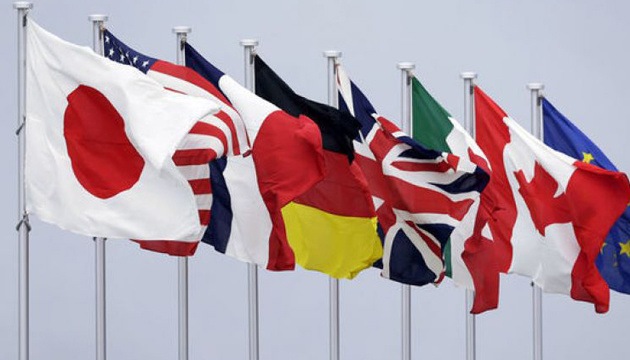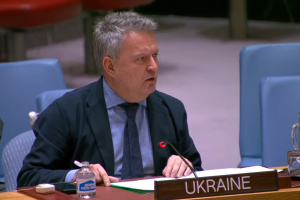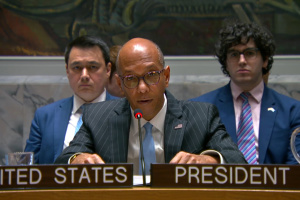
G7, WB call on Ukraine to reinstate criminal liability for illicit enrichment
This is stated in a joint statement by the G7 and the World Bank regarding the decision of the Constitutional Court of Ukraine on illicit enrichment, published on Twitter.
"This has weakened the impact of the whole anti-corruption architecture, including the soon to be established High Anti-Corruption Court, which was expected to rule on a significant number of illicit enrichment cases, and the ability of the National Anti-Corruption Bureau of Ukraine to investigate high-level corruption. The ongoing investigations and prosecutions for illicit enrichment held the promise of bringing accountability for those that had used their official position for personal gain," the statement reads.
In 2010, there were more than 40 countries that criminalized illicit enrichment and since then many more jurisdictions have included the offence in their criminal law
According to the statement, courts around the world have recognized that criminalization of illicit enrichment is a powerful tool in the fight against corruption, which at the same time respecting fundamental human rights and constitutional principles such as presumption of innocence, protection against self-incrimination and legal certainty.
"The G7 and the World Bank call on Ukrainian authorities to step up efforts for safeguarding the effectiveness of anti-corruption legal tools and institutions, including by reinstating criminal liability for illicit enrichment in line with the UN, OECD and ECHR principles and finding a way to continues the dozens of investigations and prosecutions threatened by this ruling," the statement notes.
As reported, on February 26, Ukraine's Constitutional Court declared unconstitutional Article 368-2 of the Criminal Code, which envisages the liability for illicit enrichment.
ish




